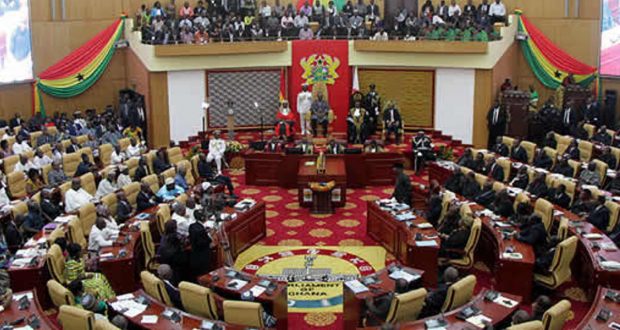 Parliament has granted the wish of civil society actors, journalists and other key stakeholders with the passage of the Right To Information (RTI) bill into law after decades of delays.
Parliament has granted the wish of civil society actors, journalists and other key stakeholders with the passage of the Right To Information (RTI) bill into law after decades of delays.
Information Minister, Kojo Oppong Nkrumah announced on Sunday, March 24, 2019, in Accra that the bill was going to be passed this.
There were doubts about Government’s commitment to passing the bill this week after several years of similar promises not being honored.
The first RTI bill was drafted by the executive arm of Government in 2002. The draft executive bill was subsequently reviewed in 2003, 2005 and 2007.
After the review, it was never laid before parliament until February 5, 2010.
On Friday, March 22, 2019, the Speaker of Parliament, Prof. Mike Oquaye halted the third reading of the RTI Bill.
The third reading of the RTI Bill had been advertised on the Order Paper for that day’s business of the House, but the speaker asked that it should be deferred since there had been further proposals and amendments by some Civil Society Organisations (CSOs) to certain aspects of the bill, which when passed, will not serve the best interest of the ordinary Ghanaians.
The object of the RTI law is to provide for the operationalisation of the constitutional right to information held by public and some private institutions, subject to exemptions that are necessary and consistent with the protection of public interest in a democratic society.
It also seeks to foster a culture of transparency and accountability in public affairs and provide for related matters.
Speaking to journalists after the passage of the bill on Tuesday, March 26, 2019, Mr. Oppong Nkrumah said the next step was to get a presidential assent to the bill and then move very quickly towards its implementation.
Speaker of Parliament, Prof. Aaron Mike Ocquaye indicated that the House would have to tidy up the final draft of the bill for the President to sign.
Mr. Oppong Nkrumah was hopeful everything would be set before the next financial year.
—Daily Guide
